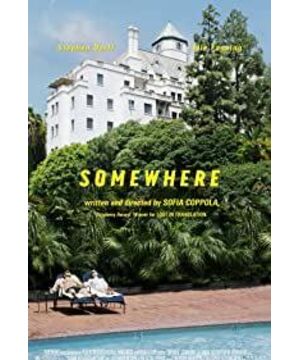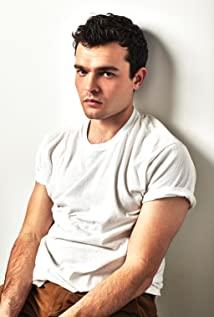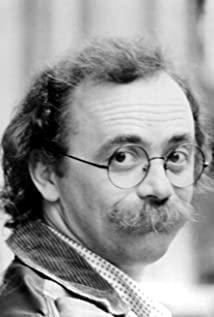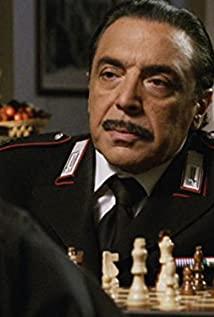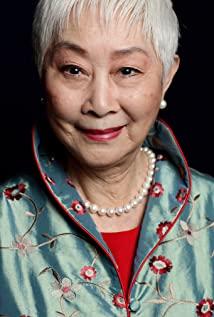"Lost in Translation" tells the story of middle-aged Hollywood star Bob who travels to Tokyo to shoot a whisky commercial for $2 million. The title says that Bob will get lost in Japanese; not just Bob, but Charlotte, also a college graduate from the United States, who is also lost in Japan. She is not lost in language, but in culture. Whether she visits temples or learns flower arrangements, she has no access to that culture. Therefore, Copra's "lost" is not only about translation, but also about the impact of globalization on culture. Due to the development of science and technology, the distance between people and places has shortened, and the speed of communication has also accelerated; however, technology has not been able to remove the barriers between cultures. Therefore, people are lost in the gap between high-speed communication and slow cognitive identification.
Lost Somewhere already showed the speed of the modern world from the start. At the beginning of the film, the popular star Johnny drives an RV at a high speed in a barren land. Both the sound and the picture tell the audience that he is running at high speed. However, there are two points worth noting: one is that the car is walking at high speed, but it keeps turning in circles, no matter how high the car is, it still gives the impression of being trapped; the other is the long shot of about three minutes Straight to the end, the camera is still, filming the car in a circle and entering the camera, leaving the camera and entering the camera again. This static style of shooting runs throughout the film. It is in this style that the director explores the life of modern people (perhaps only limited to Americans, or even only to the wealthy Americans) under the high-speed operation.
The main scenes of "Lost in Translation" are all in hotels, so it is easy for the audience to identify with the feeling of wandering and rootless; interestingly, in "Lost Somewhere", the audience knows that Johnny also lives in a hotel, but the layout inside is similar to that of ordinary families. He lives as usual at home: video games with his daughter, breakfast cooked by her daughter, parties, sex, friends and family. The hotel in the last episode reminded people of being cramped and uncertain, but the hotel in this episode turned into a family. So Johnny and Bob are different: Bob always has a touch of sadness, even nostalgia, but he is a modern ronin with no home and nowhere to identify with; Johnny is also a homeless man, but he is happy Homeless, make the transitional hotel a home. But they are fundamentally the same: Bob is constantly watching TV to pass the time in depression and insomnia; Johnny falls asleep in front of the showgirls (even in the middle of sex). Modern sensual stimuli have no effect on their distress. Intriguingly, they are also involved in the industry that creates these sensory stimuli.
Home is a theme that Hollywood films often discuss; family value, a value that many Hollywood films want to consolidate, is the mainstream ideology in the United States. The director clearly wants to talk to this value in this film, and at the same time wants to fight against it. Zhuang Ni's ex-wife left suddenly, leaving his daughter behind. He suddenly took on the responsibility of taking care of her, but this responsibility did not allow him to simply return to family values. The film is torn between a global life that slips away at speed and a life rooted in one place and one family.
At the end of the story, there is no final conclusion: Johnny sends his daughter to camp (the scene where the taxi drives her away indicates that she will inherit Bob and Johnny to become the main body of modern distress and wandering), there is no news about his ex-wife, Johnny is in After crying bitterly, I drove the RV on the road again. At the end of the film, he drives to the wilderness at the beginning of the film. He does not circle this time, but stops on the way, leaves the RV and walks in the wilderness. Wilderness is often contrasted with cities in Hollywood films, representing the dangers of no urban protection on the one hand, and a place where characters regenerate their lives on the other. Johnny got out of the car and walked, responding to the title of the film, as if he was going somewhere, which was a bit more positive than lost in translation. However, in terms of time, it is the audience's own expression that determines whether Johnny finally goes somewhere or no after the opening circles in the wilderness.
View more about Somewhere reviews


